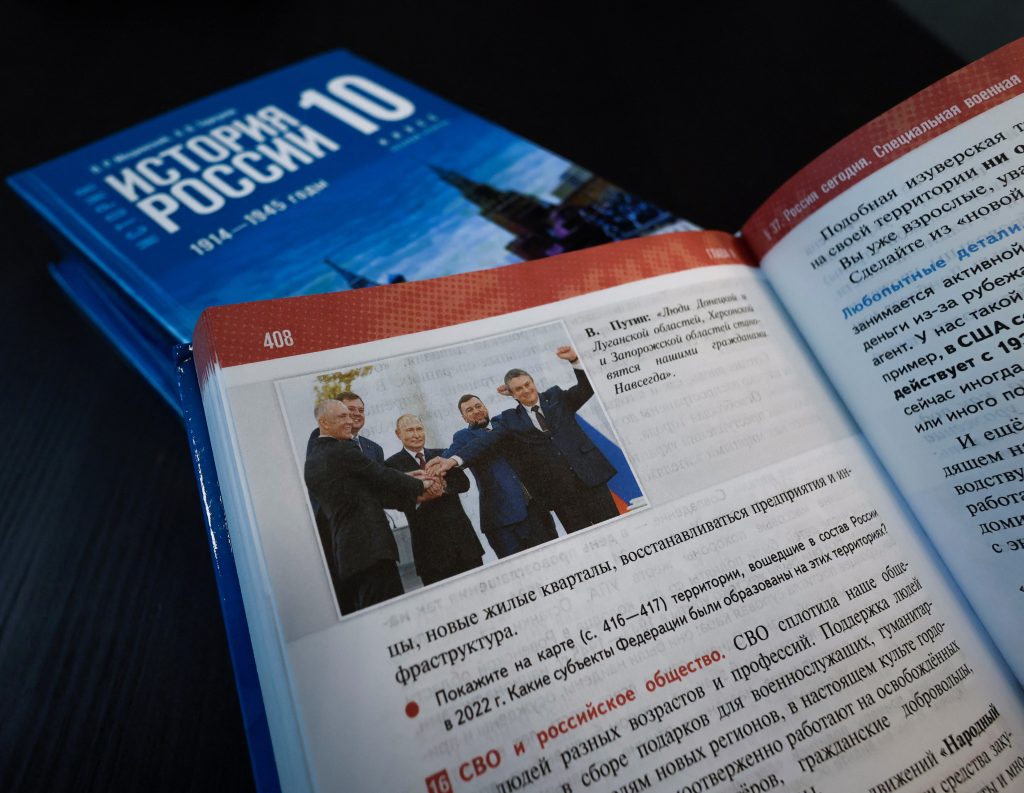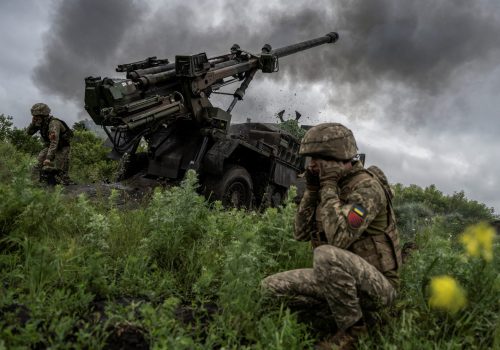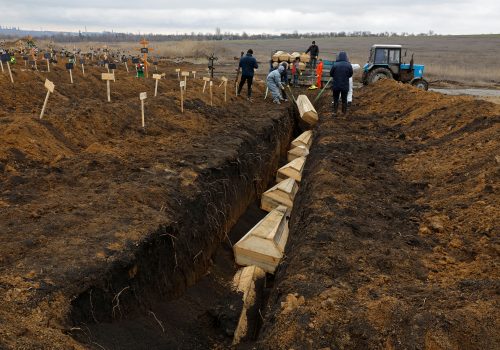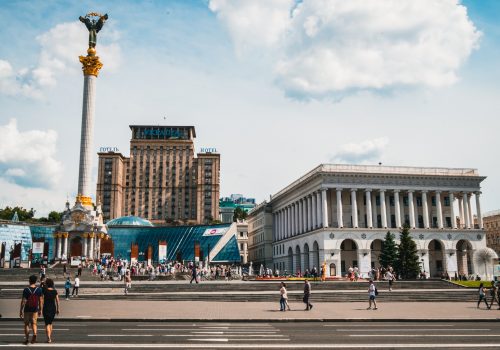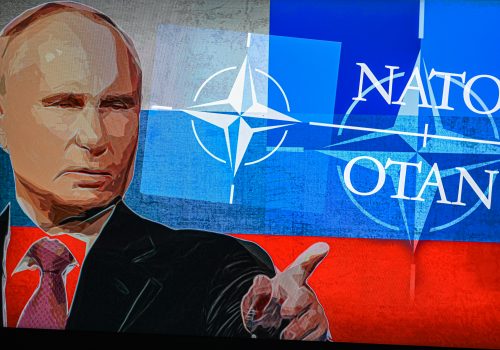
Fake history is a crucial weapon in Vladimir Putin’s bid to destroy Ukraine
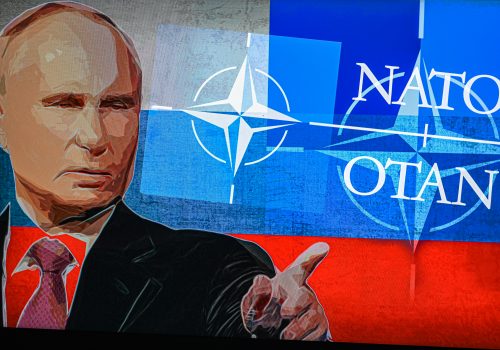
It is doubtful Vladimir Putin actually believes much of the anti-Ukrainian propaganda coming from the Kremlin’s echo chamber. After all, few educated people would. Still, he and his colleagues have little choice but to vigorously counter Ukraine’s compelling national narrative of a country emerging from centuries of imperial subjugation and reclaiming its place among the European family of nations. Russia’s response has focused on denying Ukraine’s right to exist. The Kremlin’s use of false historical narratives delegitimizing Ukraine is a key element of Russia’s broader campaign to destroy the Ukrainian state and nation. As such, it is worthy of far more international attention than it currently receives.
Ukraine’s story is straightforward, unlike the tall tales promoted by the Russian authorities. Contrary to the Kremlin’s claims, Ukraine is a democratic, unified nation with a distinct and varied history stretching back more than a thousand years. In no way is modern Ukraine Russia’s “younger sibling.” In fact, it could easily be argued that the opposite is true. According to its own origin story, Russia emerged from the medieval Kyivan Rus state centered on the Ukrainian capital city. Christianity and European culture came to Russia via Ukraine.
Stay updated
As the world watches the Russian invasion of Ukraine unfold, UkraineAlert delivers the best Atlantic Council expert insight and analysis on Ukraine twice a week directly to your inbox.
The many different puzzle pieces that make up Putin’s official version of the deeply troubled historical relationship between Russia and Ukraine simply don’t add up. His claims of a common past and shared identity conveniently ignore centuries of oppressive policies and forced russification imposed on Ukrainians by the Russian imperial authorities throughout the Tsarist and Soviet eras.
Nevertheless, Putin has deployed his distorted vision to argue that the two countries are one nation and that, in essence, there is a civil conflict currently underway among the people of Ukraine. This is a people that voted 92 percent in favor of independence in 1991, with majorities in every single region of the country. It is also a people that staged two revolutions since becoming independent in order to remain both free and democratic.
Recent polls consistently indicate that Ukrainians do not want to surrender a single inch of occupied land to Russia in exchange for an end to what Putin euphemistically calls his “special military operation.” Ukrainians and global audiences overwhelmingly recognize this “operation” as a war of aggression that has cost hundreds of thousands of lives over the past twenty-one months, in addition to the thousands killed during the previous eight years of hostilities following Russia’s 2014 invasion of Crimea and eastern Ukraine’s Donbas region.
Despite Putin’s insistence that Ukrainians are actually Russians (“one people”), the differences between the two countries are now more immediately apparent than ever. Today’s Ukraine is a democracy, though at times a messy one. In stark contrast, Putin’s Russia is a dictatorship, a top-to-bottom power vertical led by one man.
Eurasia Center events
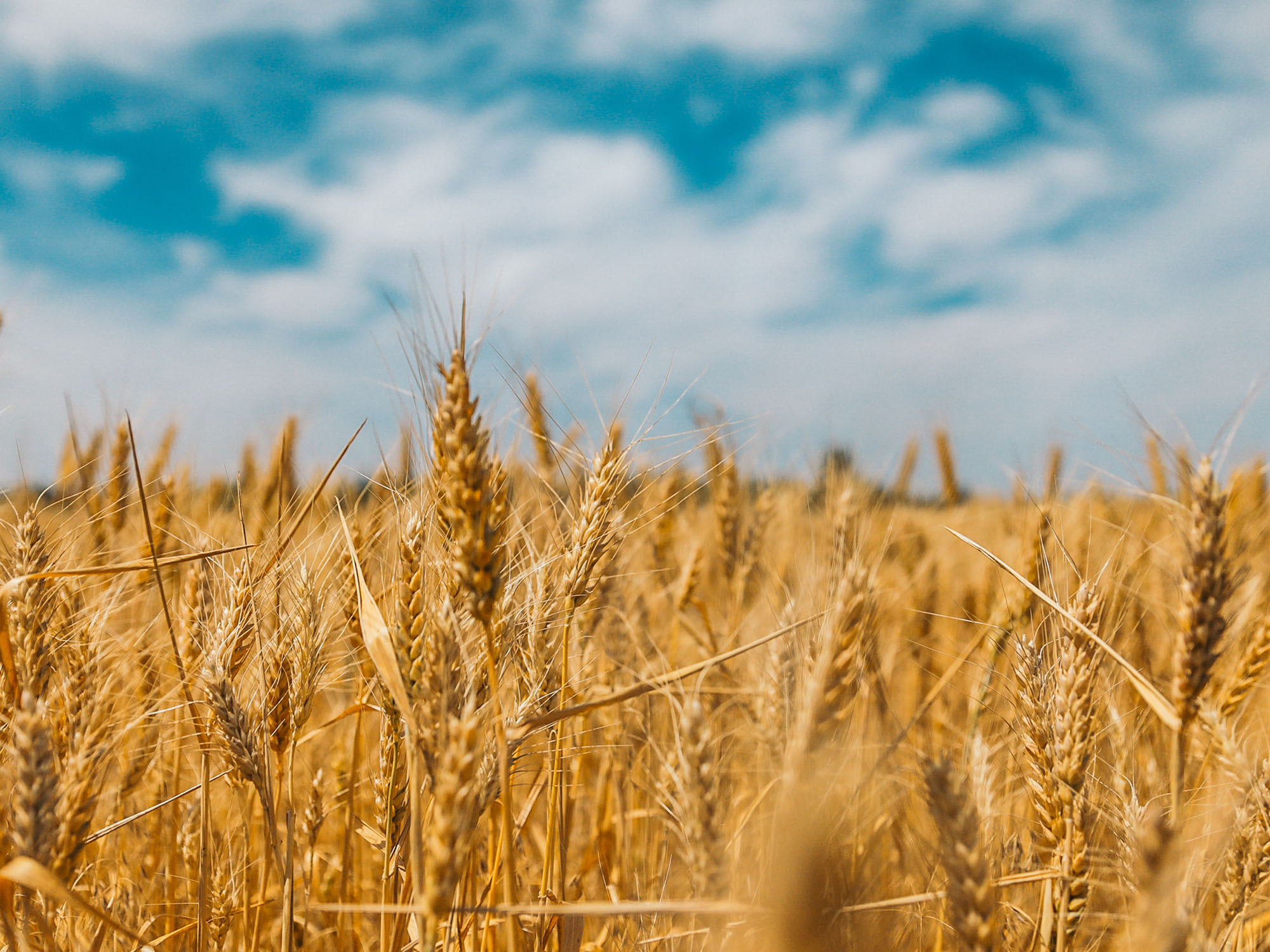
The invading Russian army is not the only enemy Ukraine faces; the Russian propaganda that drives and justifies the invasion is arguably just as deadly. Moscow does everything it can to silence Ukrainian voices and make sure that the history of Ukraine is viewed through Russia’s very selective and murky prism. These indoctrination efforts target Russians, Ukrainians, and also international audiences in different ways but with equal gusto.
For many years, it has been apparent that Western politicians, policymakers, and commentators are particularly susceptible to Russian’s anti-Ukrainian propaganda due to their often limited knowledge of the relevant regional history. Today, it has become more important than ever to counter Russia’s false historical narratives, as international support for Ukraine could very well determine the outcome of the war.
If Russian propaganda is not blunted, the average voter in Western countries will be left face-to-face with the fake Ukrainian history disseminated internationally by the Kremlin and its networks of allies and agents. These falsehoods include the central message that there is no separate Ukrainian people or Ukrainian state. Instead, there is only Russia.
This twisted logic allows Putin to claim, with a poker face, that Russia is not waging war against the Ukrainian people, despite the unprecedented bloodshed since February 2022. It forms the basis of his claim that Russia’s full-scale invasion is really an attempt to liberate Ukraine from “Nazis.” According to Putin, Ukraine is part of Russia, so the Western world has no right to interfere in what is essentially an internal affair.
The Kremlin’s weaponized version of history has helped garner high levels of domestic support for Putin and his invasion of Ukraine within Russia itself, if one is to take as gospel the integrity of opinion polls conducted in a dictatorship. Whether these surveys are genuinely representative or not, it is clear that there is no meaningful anti-war movement in today’s Russia.
Little can realistically be done at present about the state of public opinion inside Russia. The real danger is that Russian disinformation regarding Ukrainian history will be allowed to further influence opinion throughout the West and raise doubts over the legitimacy of Ukraine’s fight for survival. This could diminish the supply of military and other support at a time of Ukraine’s greatest need. That would be a tragedy for Ukraine and a disaster for the wider Western world, with grave consequences for the future of international security.
Ihor Smeshko is a Ukrainian politician and former head of Ukraine’s Defense Intelligence and Security Service.
Further reading
The views expressed in UkraineAlert are solely those of the authors and do not necessarily reflect the views of the Atlantic Council, its staff, or its supporters.

The Eurasia Center’s mission is to enhance transatlantic cooperation in promoting stability, democratic values and prosperity in Eurasia, from Eastern Europe and Turkey in the West to the Caucasus, Russia and Central Asia in the East.
Follow us on social media
and support our work
Image: New Russian history textbook shows Russian President Vladimir Putin and Russian-installed leaders in Ukraine’s Donetsk, Luhansk, Kherson and Zaporizhzhia regions Denis Pushilin, Leonid Pasechnik, Vladimir Saldo and Yevgeny Balitsky during a ceremony held at the Great Kremlin Palace in Moscow to declare the annexation of the Russian-controlled territories of these regions. (REUTERS/Shamil Zhumatov/Illustration)
